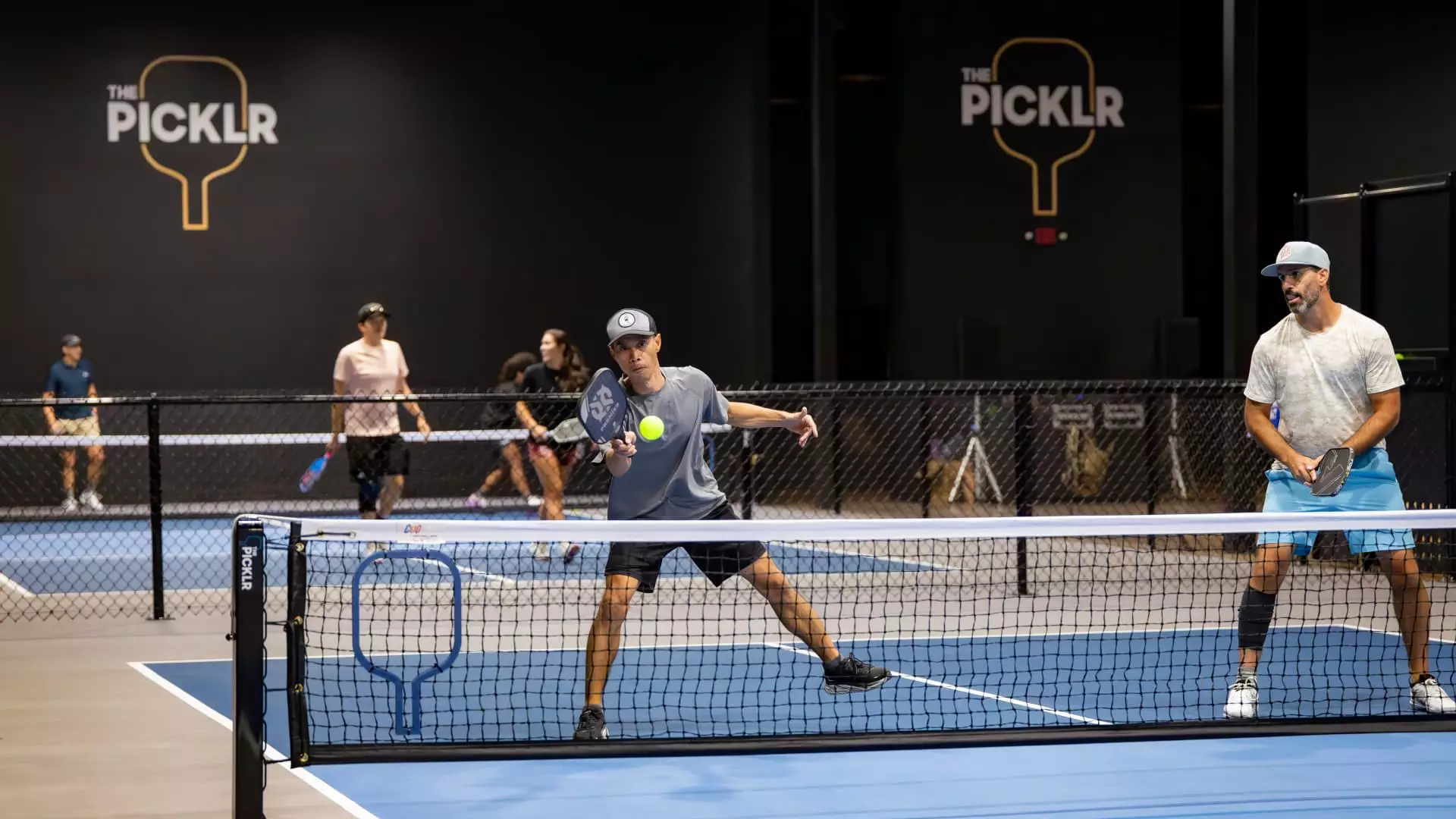The arrival of The Picklr, the world’s largest pickleball franchise, into Japan marks not just the expansion of a business but the beginning of a transformative cultural phenomenon. This ambitious move to establish 20 new locations in the next five years is more than a mere business venture; it symbolizes a burgeoning sports culture seeking to embrace health, community, and competitiveness. The accelerated growth of pickleball—a sport boasting a staggering 223% surge in participation in recent years—owes its success to the craving for social interaction and physical activity that many have been yearning for, particularly in a post-pandemic world.
What The Picklr is doing in Japan goes beyond capitalizing on a trend; it is tapping into the zeitgeist of a nation that has long placed emphasis on health and sportsmanship. As we witness a world increasingly drawn toward collaboration over competition, pickleball positions itself as an accessible option that invites all demographics to engage. This endeavor suggests that the sport will serve as a cultural bridge, connecting elements of American and Japanese social life through shared recreational activities.
Strategic Partnerships Fueling Growth
The collaboration with Nippon Pickleball Holdings is a strategic masterstroke. This alliance not only anchors The Picklr in the Japanese market but also leverages local expertise to navigate a uniquely nuanced cultural landscape. In an era where globalization can sometimes overlook local customs and preferences, the partnership exemplifies a model of respectful integration. By fostering a community-centric approach, The Picklr prepares to build its brand on the principles of inclusion and shared joy, resonating with a populace that values social cohesion.
Nippon’s leading position in the domestic market is crucial in ensuring that the franchise’s rollout aligns seamlessly with Japanese traditions, thereby enhancing the likelihood of sustained success. This type of strategic foresight is what delineates a fleeting fad from a lasting trend. With sports venues often acting as community hubs, The Picklr isn’t merely selling places to play; it’s creating spaces for connection, teaching the value of teamwork, and embedding pickleball into the social fabric of Japanese life.
Pioneering the Asian Market
CEO Jorge Barragan envisions Japan as a launchpad for penetrating further into the Asian market, an assertion that holds significant weight when considering the continent’s vast potential. The pickleball renaissance could very well symbolize a counter-narrative to the more traditional, heavily regulated sports environments often associated with Asia. Instead of steep hierarchies, pickleball encourages flat team dynamics, promoting engagement from all sides. Such a shift is particularly resonant in a society that has historically focused on competitive greatness at the expense of community well-being.
This democratization of sports is particularly refreshing. It shows a commitment to moving away from exclusivity—common in more established sports—and caters to a broader audience. With over 20 million players in the U.S. alone, one might wonder how long the trend can sustain its momentum. However, with Barragan stating he still fields 220 potential international leads each month, clearly, the appetite for this sport is fervent.
What’s Next for Pickleball?
As The Picklr’s foothold strengthens in Japan, the eyes of the world will closely monitor this enchanting movement. The idea that professional pickleball leagues, like the United Pickleball Association, are also looking to broaden their reach to include regions such as Australia, India, and Europe, paints an optimistic picture for the sport’s future. But can this growth remain organic? Or will it spiral into over-commercialization, stripping the sport of its fundamental charm?
For now, though, the sky appears to be the limit. Pickleball exhibits the kind of infectious energy that transcends borders and cultural divides, breaking barriers and inviting diverse groups of people to partake in its lively, lighthearted spirit. If Japan is the foundation of this evolution, we may very well witness a shift in how sports are perceived and enjoyed in the years to come, cultivating an environment that embraces wellness, inclusivity, and above all, community. The pickleball bug may just be the beginning of a sports revolution that could ripple across the globe.

